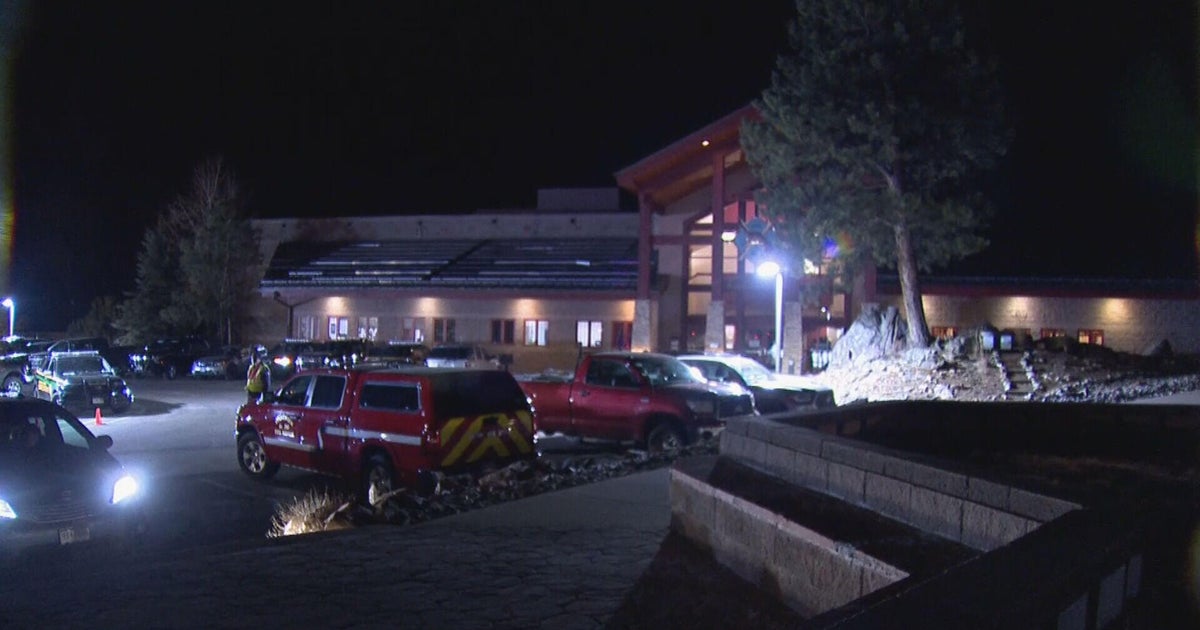Seattle to open overdose recovery center amid rising deaths
Amid the nation's opioid crisis, the city of Seattle has announced the creation of a recovery center for people who have been revived after an overdose.
The Downtown Emergency Service Center, an existing non-profit with multiple locations, will operate what officials called a "post-overdose stabilization and care facility" in an area hotel after renovations to the building. People who have overdosed and have "prolonged health conditions requiring medical attention and case management services" will be able to spend up to 23 consecutive hours at the facility, according to a news release.
Seattle Mayor Bruce Harrell said that the facility would be supported by the Seattle Fire Department's overdose response team, who would transport patients to the building. Once there, providers will focus on post-overdose medical care, initiating evidence-based medication treatments, and connecting patients with behavioral and physical health services.
"The deadly fentanyl and synthetic opioid crisis that we are seeing on our streets and in our neighborhoods demands that we be urgent, compassionate, and innovative in how we help people suffering from addiction access life-saving treatment," said Harrell, who previously issued an executive order aimed at targeting the opioid and synthetic drug crisis in the city.
"This new investment in a post-overdose recovery center and mobile clinics will stabilize people following a non-fatal overdose, alleviating their painful withdrawal symptoms that often cause them to use these highly addictive drugs again and connecting them to evidence-based treatment and recovery services," Harrell continued.
DESC Executive Director Daniel Malone said the facility will help "prevent the next overdose and cut down on emergency room use" in the region.
Renovations to the hotel are set to begin in the first quarter of 2025. Pilot services will be available from a different facility starting next month.
The center is on track to receive $5.65 million in capital funds, the news release said. Another treatment program, Evergreen Treatment Services, is a finalist to receive an additional $1.35 million that would be used to support an outpatient clinic and mobile medical units that can go into the community and offer support and care across the region, the news release said.
The funds are part of a $27 million investment supporting Harrell's executive order.
According to the National Center for Health Statistics, a branch of the Centers for Disease Control and Prevention, the drug overdose death rate in Washington state is 28.1 per 100,000 people. The state's health department said that between 2005 and 2021, the state has recorded over 17,000 opioid overdose deaths, with rates "nearly doubling" between 2019 and 2021.
The Drug Enforcement Agency told CBS News affiliate KIRO in February that they have seized millions of fentanyl pills in Washington. The state has the third-highest rate of fentanyl pill seizures, behind Arizona and California, according to the agency. Fentanyl is a powerful synthetic opioid that is present in most opioid overdose deaths.



